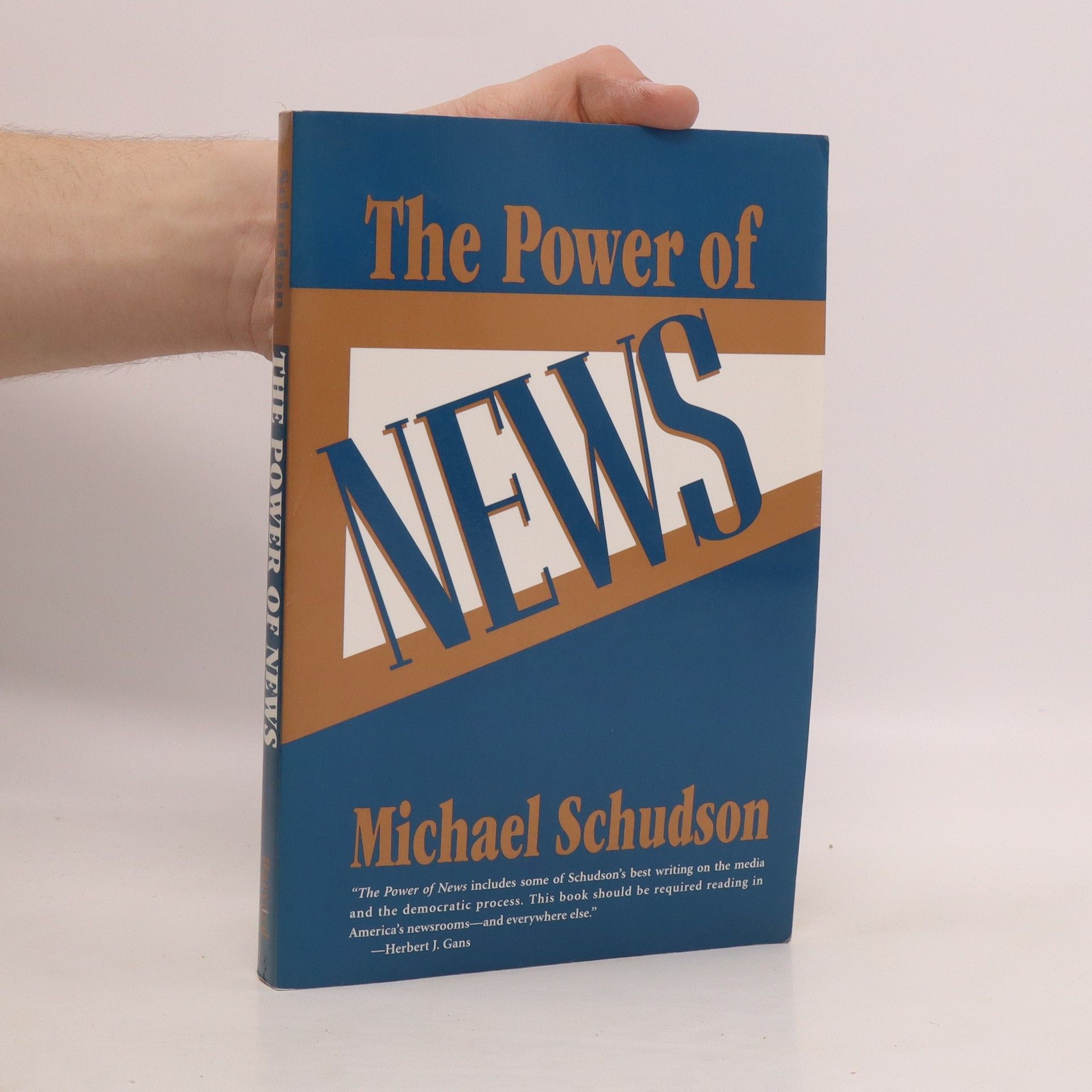Journalism
- 120 pages
- 5 hours of reading
Why, in the age of Trump and fake news, journalism matters more than ever--
Michael Schudson is a sociologist and historian who delves into the American news media, advertising, and popular culture. His work examines how news and cultural forms have evolved, analyzing their societal impact. Schudson is particularly interested in cultural memory and how collective recollections shape the present. His influential essays have appeared in leading publications, offering profound insights into the dynamics of the American information landscape.


Why, in the age of Trump and fake news, journalism matters more than ever--
Some view news as mere information reflecting the world, while others see it as propaganda with a partisan slant. Michael Schudson argues that news is both and neither; it is a cultural form with its own conventions, wielding subtle and complex power. This exploration reveals the news media as a central institution in modern society, serving as a repository of common knowledge and cultural authority. Schudson, a leading voice in journalism and mass communication, traces the evolution of news alongside American democracy and industry, influenced by broader social forces. He delves into the roots of contemporary journalistic practices, such as interviews, summary leads, and the reporter's detached stance on politics. His work challenges myths held by journalists and critics alike, debunking the notion that the press instigated the Spanish-American War or toppled Nixon, or that television swayed public opinion during the Kennedy-Nixon debates or the Vietnam War. So, what is the role of news? Schudson illustrates that media serve to mediate; by publicizing knowledge, news transforms its nature and empowers people to act in new, meaningful ways. His analysis is enriched by historical scholarship and insightful inquiries into the production, meaning, and reception of news today.